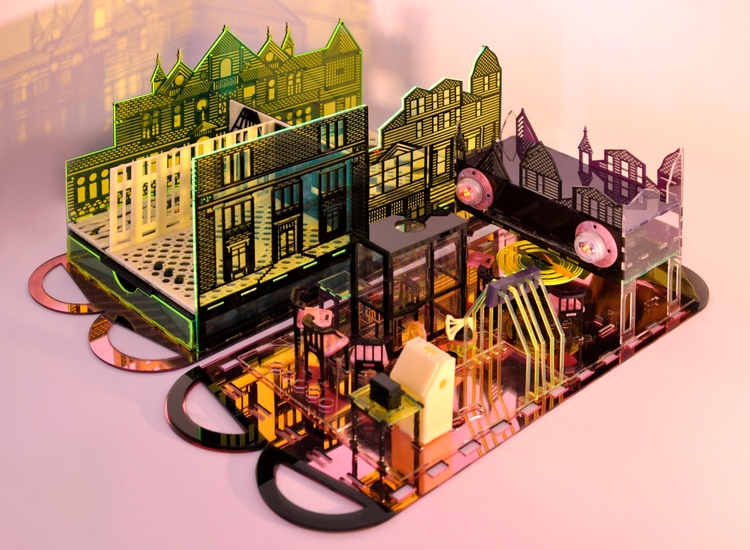The Masters of Science in Critical, Curatorial, and Conceptual Practices in Architecture (CCCP) offers advanced training in the fields of architectural criticism, publishing, curating, exhibiting, writing, and research through a two-year, full-time course of intensive academic study and independent research. The program recognizes that architectural production is multi-faceted and diverse and that careers in architecture often extend beyond traditional modes of professional practice and academic scholarship, while at the same time reflecting and building upon them.
The CCCP program is structured to reflect this heterogeneity and the multiple sites and formats of exchange through which the field of architecture operates while at the same time sponsoring the ongoing critical development and interaction of such a matrix of practices and institutions. The program’s emphasis is thus on forging new critical, theoretical, and historical tools, and producing new and rigorous concepts and strategies for researching, presenting, displaying, and disseminating modern and contemporary architecture and closely related fields. The program is aimed primarily (but not exclusively) at those with a background in architecture who wish to advance and expand their critical and research skills in order to pursue professional and leadership careers as architectural critics, theorists, journalists, historians, editors, publishers, curators, gallerists, institute staff and directors, teachers, and research-based practitioners.

















